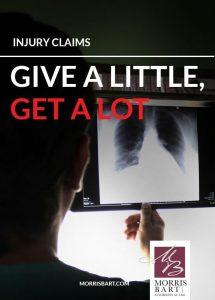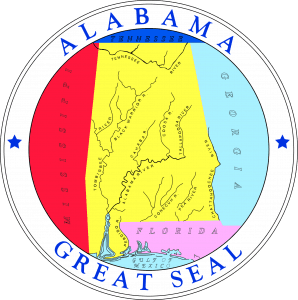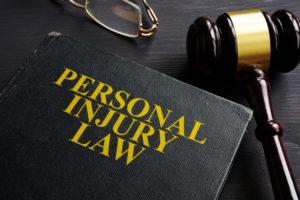
Personal injury is, generically, any physical injury inflicted on a person. Louisiana state law recognizes many different types of personal injuries. Much of explaining personal injury involves some legalese, or legal language; please refer to the Helpful Definitions section at the end of this article.
Negligence
The most common are caused by someone else’s negligence, thus causing injury to another. A good example of a typical personal injury is automobile accidents, like motorcycle wrecks or drunk driving.
For a free legal consultation, call 800-537-8185
Intentional Torts
While most personal injuries are a result of negligence, or unintentional accidents, intentional injuries happen, too. Intentional torts, or civil wrongdoings, include cases like assault and battery, false imprisonment, emotional distress, and conversion.
Premises Liability
Premises liability involves injuries obtained on another person’s property. If the injury occurs on a merchant’s property, such as slipping at the grocery store, and the merchant did not take action to prevent danger—that’s still personal injury. Objects cannot take responsibility for a person’s negligence.
Click to contact our personal injury lawyers today
Medical Malpractice
Medical malpractice involves injuries from a health care provider during medical care or treatment. Louisiana defines medical malpractice in many ways based on the Medical Malpractice Act, and a person may bring a suit under this law if the health care provider’s conduct falls within the definitions of the act.
Wrongful Death
Wrongful death cases arise after a family death, where the surviving relatives seek damages for injuries they suffered as a result of that death. Survival actions, also brought by surviving, seek damages for the pain and suffering, or emotional distress, that the deceased experienced before his or her death.
Mass Torts
Defective products and dangerous drugs cases are typically filed by multiple people, therefore, these types of cases are called mass torts. It must be shown that a product was unreasonably dangerous for the anticipated use, and that the dangerous characteristic existed when the product left the manufacturer’s control. A product can be unreasonably dangerous by construction, design, or even because of an inadequate warning.
Helpful Definitions
- Negligence – failure to act as a form of carelessness
- Tort – civil wrongdoing
- Assault – imminent threat of injury
- Battery – intentionally harmful or offensive contact with a person
- Conversion – taking control over someone else’s personal property
- Action – settling in a court of law
Questions?Call 800-537-8185
to find a Morris Bart office near you.





